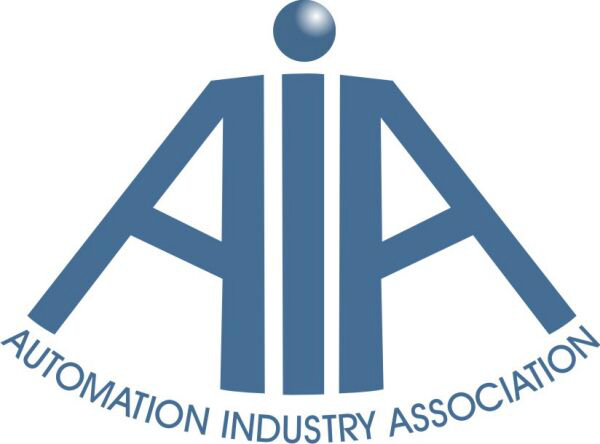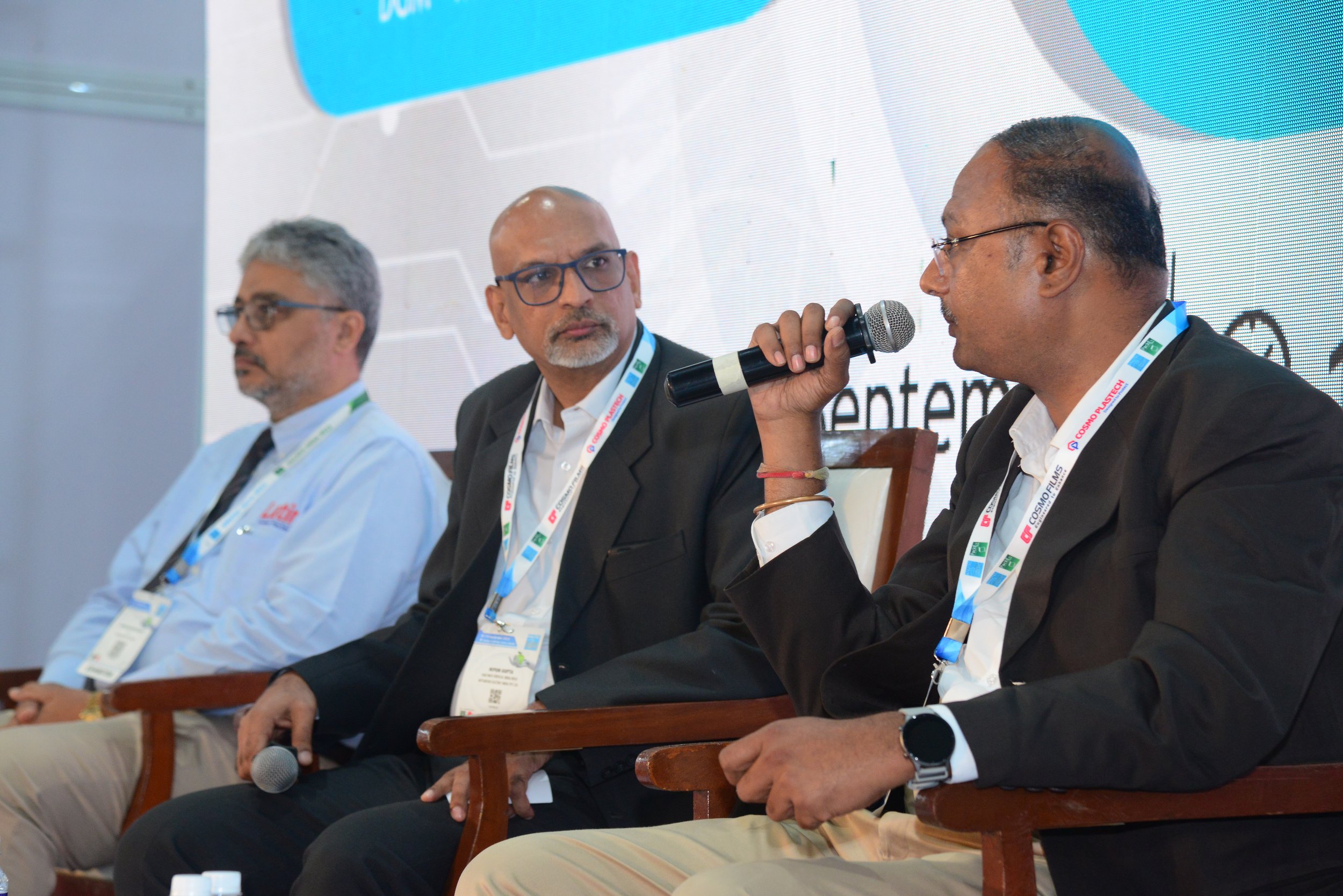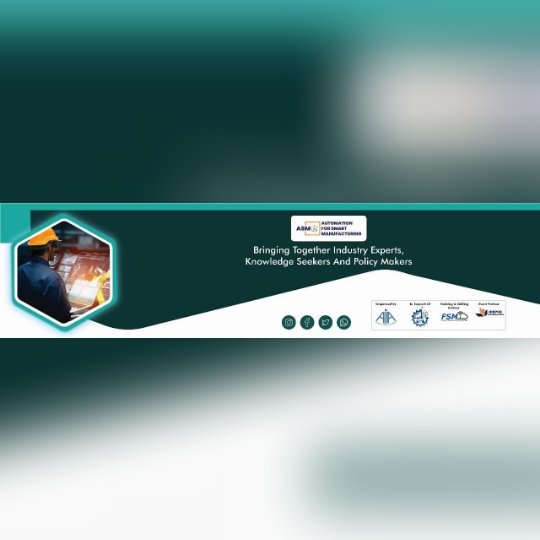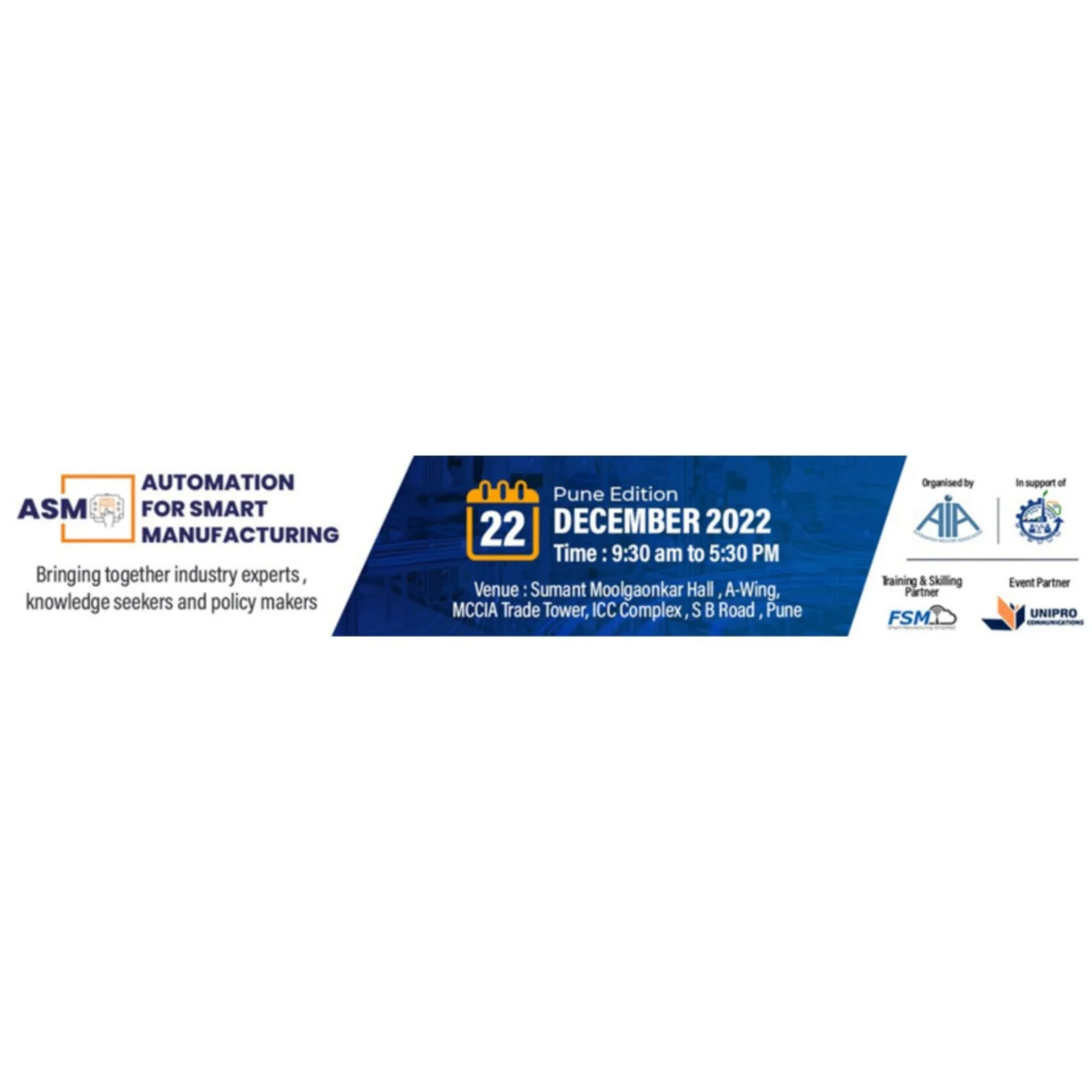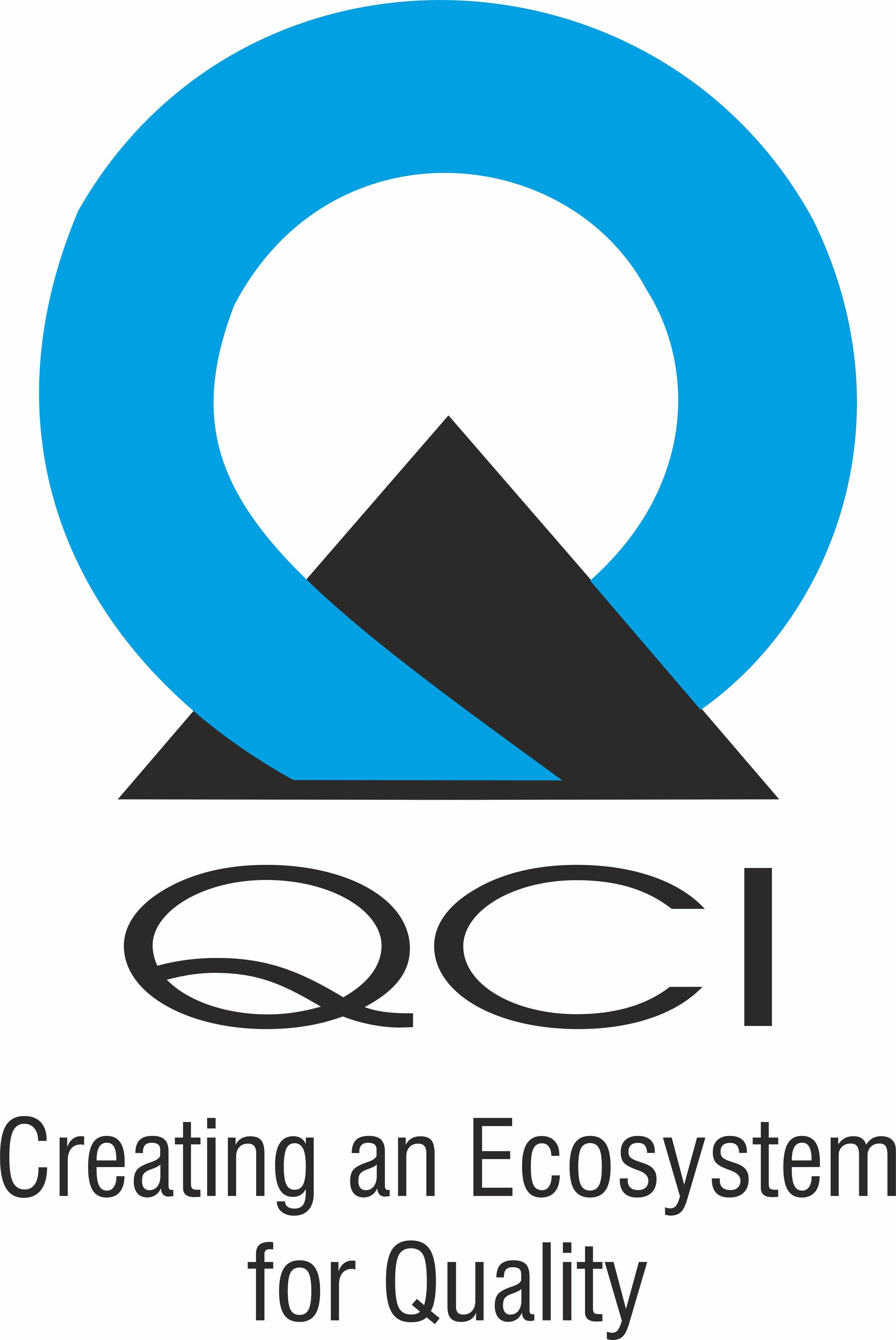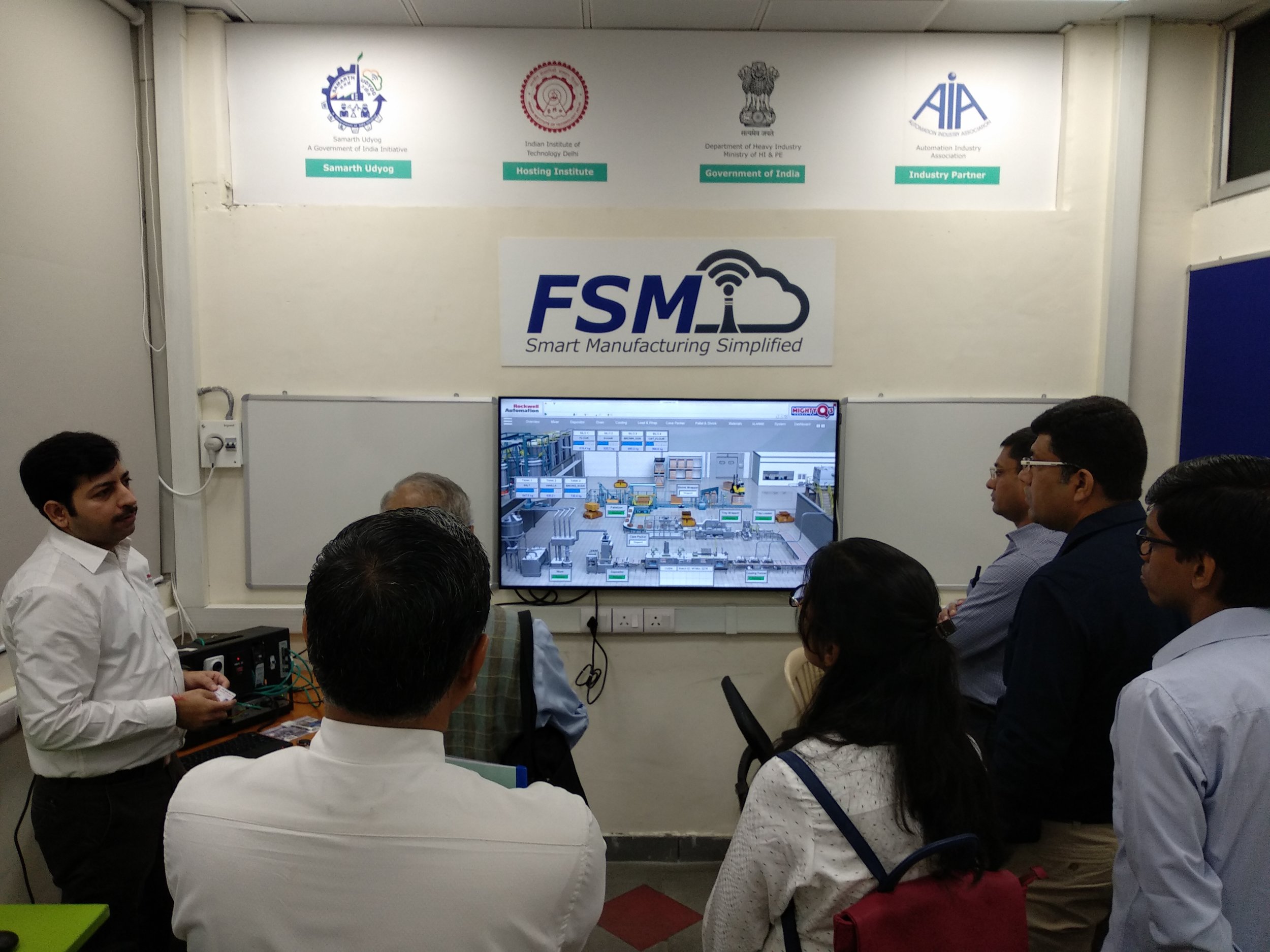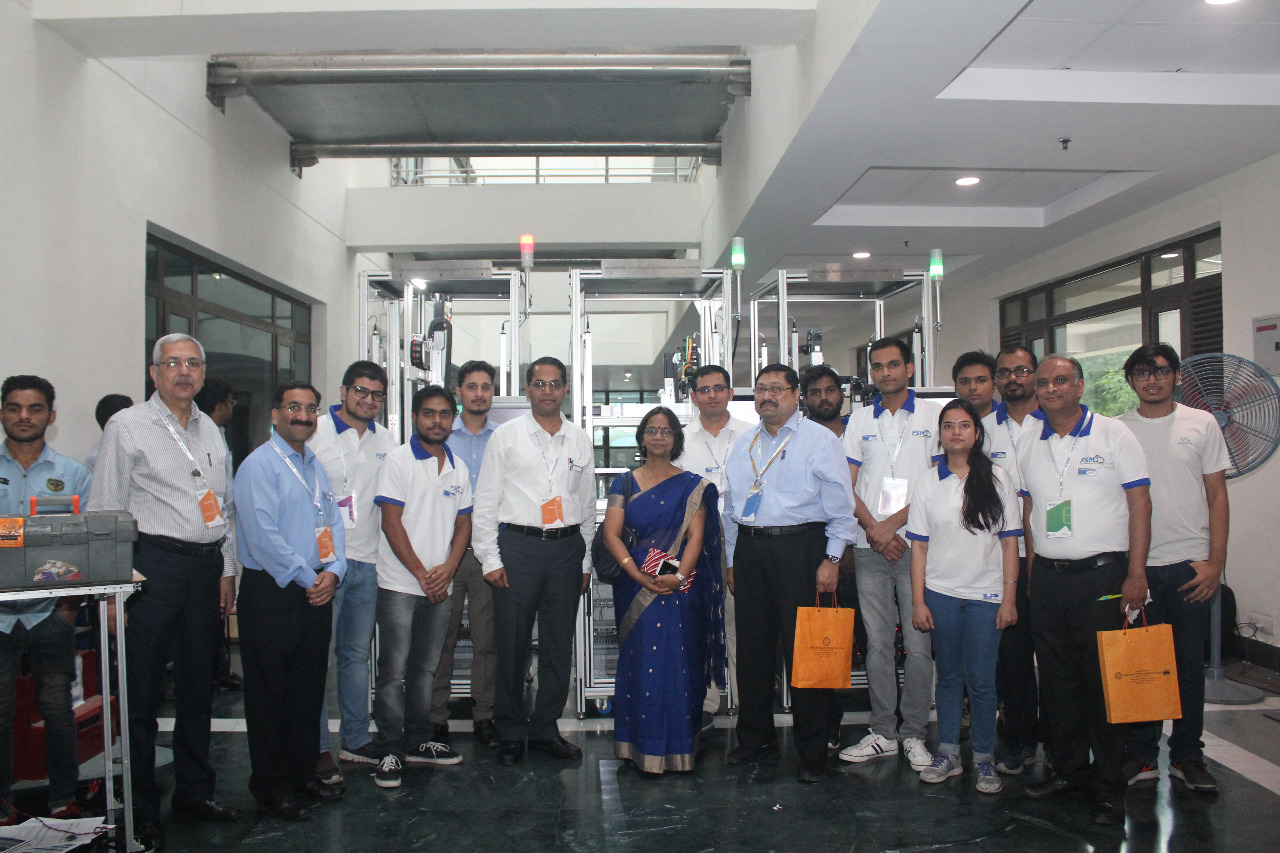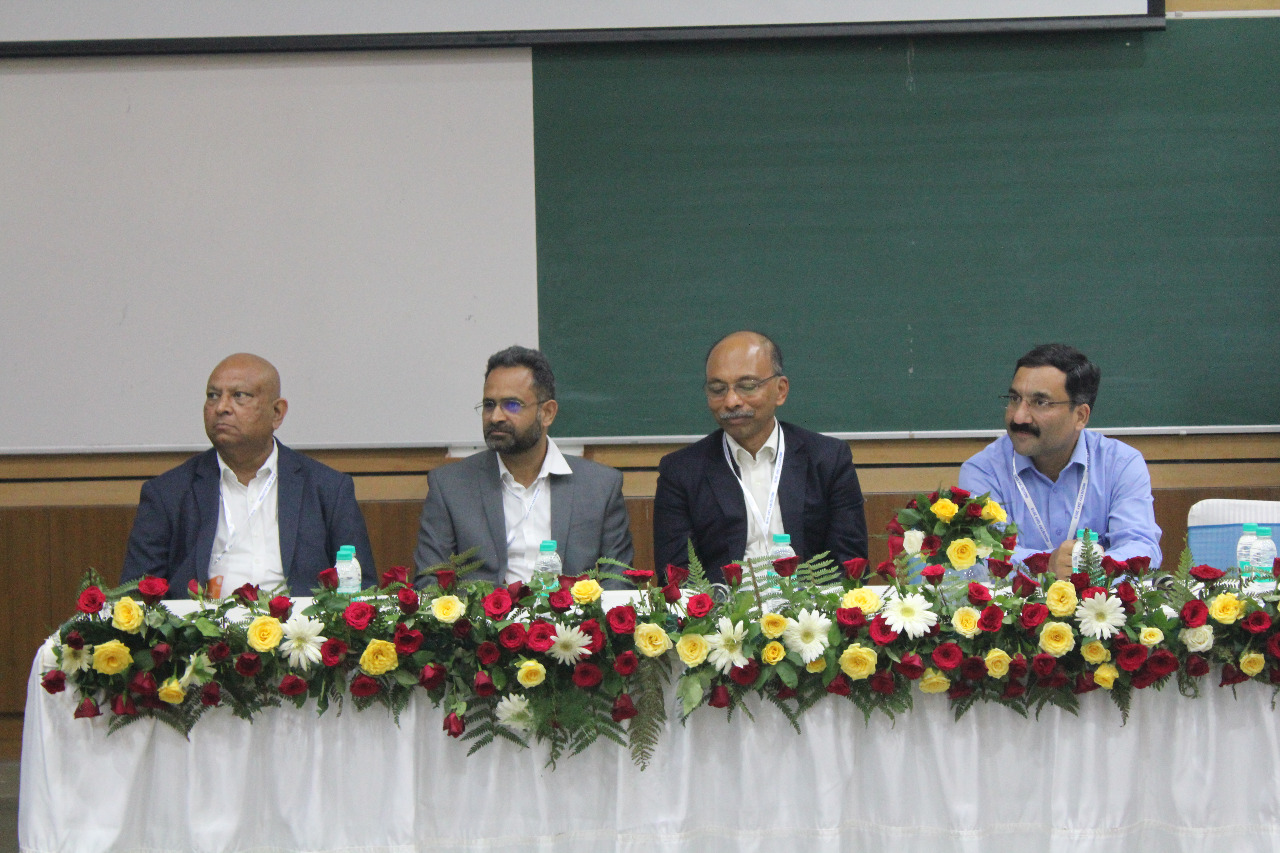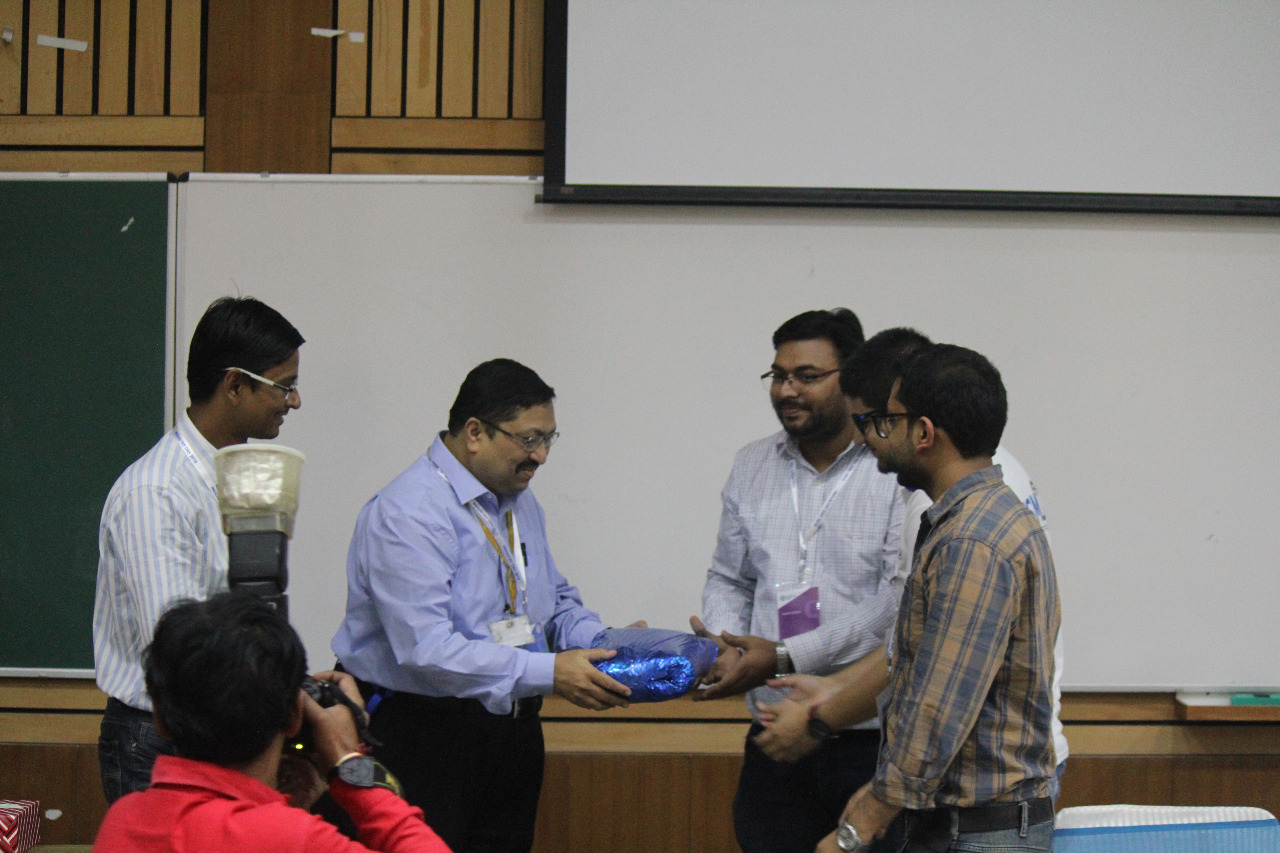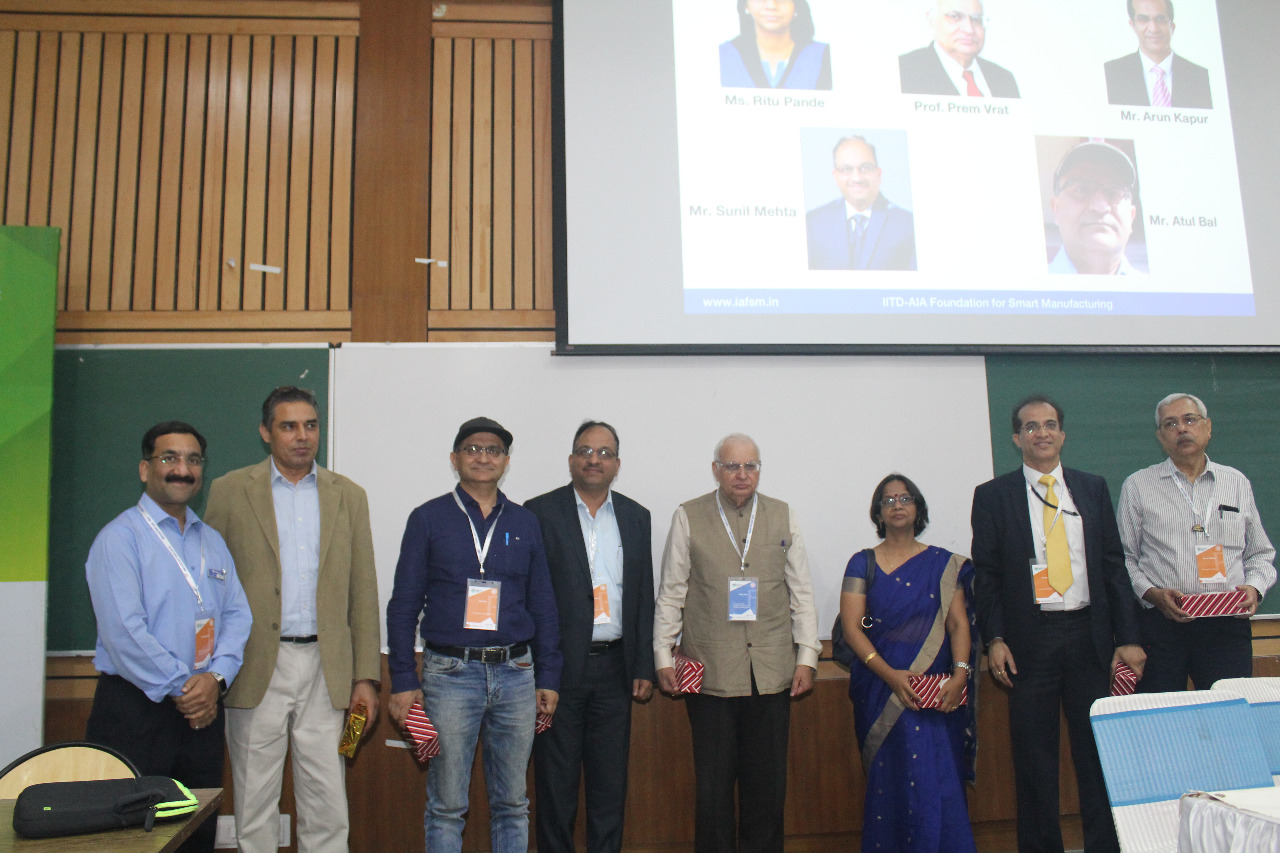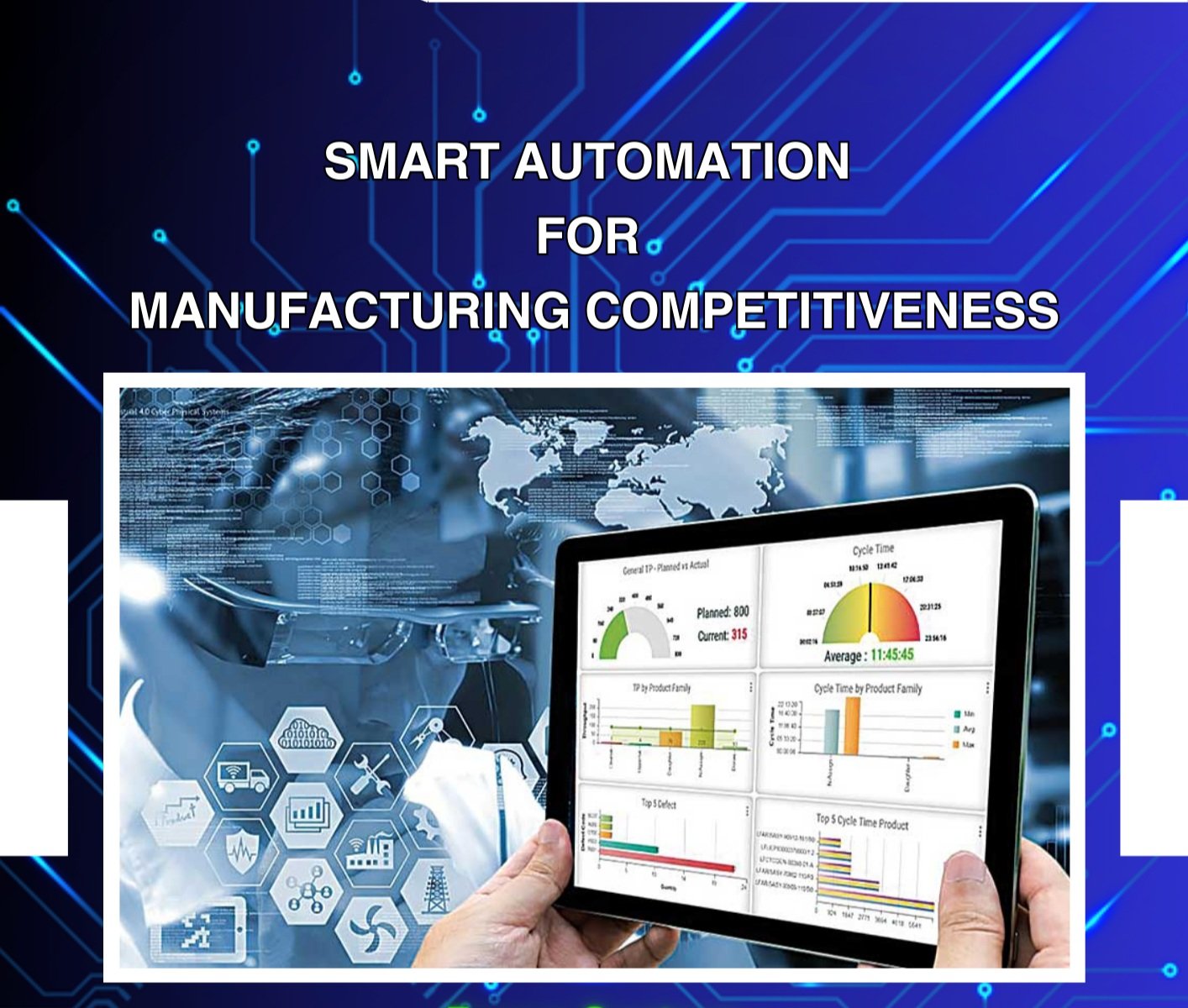
Smart Automation for Manufacturing Competitiveness
INTRODUCTION
Manufacturing Trends: The Emergence of the Smart Factory
Progressively, companies are looking to integrate islands of automation with the mainstream manufacturing systems and operations, by adding IoT devices, cloud computing, and APIs (Application Programming Interface). 2024 is expected to see an increase in deployment of smart factory technologies that are proven to operate in an industrial, rugged environment. Smart factory technology enables manufacturers to integrate a super advanced automated network of machines, systems, and people that intuitively work together to achieve higher levels of productivity and efficiency while significantly reducing production costs.
Investment Trends: The shift in investments is in favour of mass customization.
Installing IoT is not your goal. Every year new models of cars are released. So a lean and flexible production line ought to be the goal. The complexities of the supply chains are different from yesteryears. And that is where we might see the emergence of small-to-medium scale, highly automated, and technologically advanced manufacturing setup, having a wide range of process capabilities, as the new pillars of growth. Unlike conventional plants that may take 2-3 years to be operational, they are slated to be up, running, and revenue-producing in less than 12 months. Inside, robotic, modular workstations and AMRs replace the conveyor belt.
Digitalisation Trends: Virtualisation, Visualisation, Digital Twins, AI and ML complement the understanding of the physical world
Companies are investigating how to close the gap between ideation and practice and allow remote stakeholders to understand physical environments via a digital layer. Multi-dimensional, design, experimental, and training tools are available that offer a rich immersive digital environment to showcase product features, design elements, or even a process within a factory. People process visual information much faster and more accurately than text alone, making a visual workflow the smartest and fastest method to share and retain knowledge.
Human-Machine Interaction Trends
The ideal production line will be a creative mix of robots and humans. Although the term “Digital Worker” brings to mind wireless and IoT connections between systems, tools, and machines, the digitalization of any process is meant to empower the people within the process and company. Without this goal, the technology would be aimless.
Digitalization empowers each of the following positions in incredible ways.
Supervisors & Managers: Leadership personnel gain a comprehensive understanding of their business processes, allowing them to make more informed judgments.
Engineers: With complete transparency of the ins and outs of every process, engineers can quickly solve problems and tailor their actions to the specific needs of the production line.
Workers: With complete automated processes taking over the mundane aspects of their daily tasks, workers can provide uniquely human insight and perform actions that machines are incapable of doing.
We have created a cost-effective Engagement Facility within the IIT Delhi campus where your teams can play with different kinds of machines, automation hardware and software tools and learn how to build solutions unique to their specific needs. This centre, also known as a SAMARTH centre (Smart Advanced Manufacturing and Rapid Transformation Hub) has been developed with the support of IITD, AIA, industry partners and the Ministry of Heavy Industries. Come and see!
WORKSHOP AGENDA
OUTCOMES FOR PARTICIPANTS
Participants will be able to set clear technology goals for brownfield assets and greenfield assets.
They will discover the challenges of migration to a digital mindset and its impact on overall profitability.
They will see what it takes to upskill and explore appropriate training programmes to suit their need.
Participants will go back with a clear understanding of the important steps needed to enhance their manufacturing competitiveness.
WHO SHOULD ATTEND?
INDUSTRY Segments
Participants from the following Industry segments will find this workshop extremely relevant
DELEGATE PROFILE
MD/Directors/ CEOs
CIO
CTO
Plant Heads
Maintenance
Design
Technical
Quality
